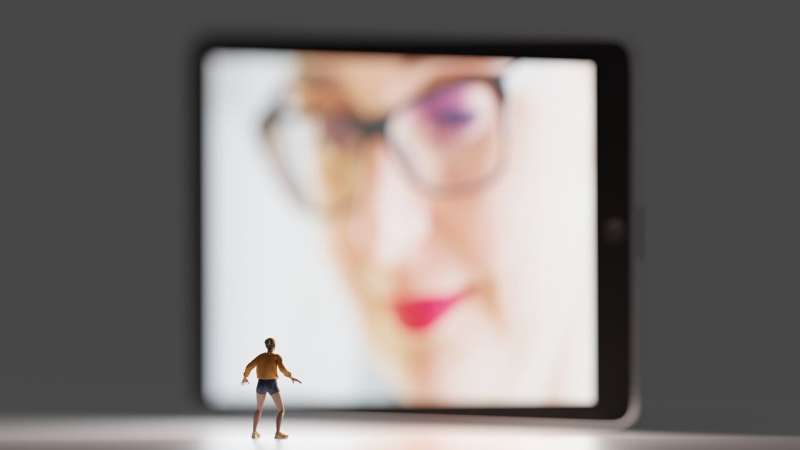Credit: Unsplash/CC0 Public Domain
Computer-generated images are becoming increasingly realistic to the point that viewers might, with a casual glance, assume an image to be a natural, real image rather than CGI, and now even to the point that deep fakes are credible as natural images to all but the most intense gaze and examination.
Work described in the International Journal of Autonomous and Adaptive Communications Systems, shows how a forensic method based on a convolutional neural network (CNN) might be used to automate the distinction between natural images and CGI. Min Long and Sai Long of the School of Computer and Communication Engineering at the Changsha University of Science and Technology, and Fei Peng and Xiao-hua Hu of the School of Computer Science and Electronic Engineering at Hunan University, in Hunan, China, have constructed a new network model fine-tuned using a database of 10000 images.
The proof of principle shows exactly how well this system can distinguish between natural and artificial images. It even works with JPEG images, which notoriously can often suffer from compression artifacts, be scaled, have high levels of visual noise and the effects of post-processing operations that lower their quality and blur the lines between CGI and a digital photograph.
The ability to distinguish between CGI and natural images has important implications for news reporting, politics, and forensic work all of which are increasingly wont to succumb to fake, falsified, and fraudulent images. The team's approach is based on the Inception-v3 deep convolution neural network and transfer learning. It utilizes 2048 dimensions of features in the images, which are extracted by the network for classification to allow the computer to make a decision as to the veracity of an image. In the current setup, this is as high as 98 percent accuracy for certain types of image. The next step will be to improve performance still further and to perform large-scale experimental tests on its accuracy.
More information: Min Long et al. Identifying natural images and computer-generated graphics based on convolutional neural network, International Journal of Autonomous and Adaptive Communications Systems (2021). DOI: 10.1504/IJAACS.2021.114295
Provided by Inderscience
























